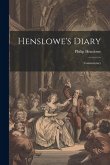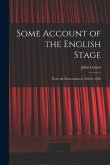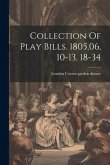When the National Socialist German Workers' party (Nazis) assumed power they vowed to cleanse the German theater of all things "un-German," which ostensibly included comedy. During the Third Reich nearly all German theaters, supported by enormous state funding, presented thousands of comedy productions. Perhaps it was a propaganda tool, however only a tiny fraction of these productions were outright propagandist efforts. French playwright and filmmaker, Marcel Pagnol described laughter as a "song of triumph...[that] expresses the laugher's sudden discovery of his own momentary superiority over the person at whom he is laughing. That explains burst of laughter in all times in all countries." Hitler and his followers gladly embraced this triumphal expression. Yet, what did this laughter mean to the Nazi agenda and in what ways did it undermine its goals? Hitler Laughing offers insight into the world of comedy during the Third Reich and its role in the Nazi cultural agenda.
Bitte wählen Sie Ihr Anliegen aus.
Rechnungen
Retourenschein anfordern
Bestellstatus
Storno









